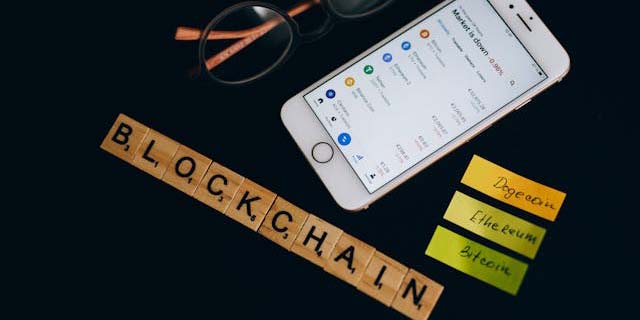
The history of Oracle Sign In is closely tied to the evolution of Oracle Corporation's software and cloud services. Founded in 1977, Oracle initially focused on database management systems, but as the company expanded its offerings to include enterprise applications, cloud computing, and various software solutions, a unified sign-in system became essential for user authentication and access management. Over the years, Oracle has integrated advanced security features into its sign-in process, including multi-factor authentication and single sign-on capabilities, to enhance user experience and protect sensitive data. This evolution reflects broader trends in technology towards more secure and streamlined access to digital resources. **Brief Answer:** The history of Oracle Sign In evolved with Oracle Corporation's expansion from database management to comprehensive software and cloud services, incorporating advanced security measures like multi-factor authentication to ensure secure user access.
Oracle Sign In offers several advantages and disadvantages for users. On the positive side, it provides a centralized authentication system that enhances security by allowing users to manage access to multiple Oracle applications with a single set of credentials. This streamlines the user experience and reduces password fatigue. Additionally, Oracle's robust security measures, such as multi-factor authentication, help protect sensitive data. However, there are also drawbacks; for instance, if users forget their credentials or face technical issues, they may encounter difficulties accessing their accounts across various platforms. Furthermore, reliance on a single sign-in system can pose risks if the service experiences downtime or security breaches, potentially compromising access to critical applications. Overall, while Oracle Sign In simplifies user management and enhances security, it also introduces challenges related to accessibility and dependency on a centralized system. **Brief Answer:** Oracle Sign In centralizes user authentication, enhancing security and simplifying access to multiple applications, but it can lead to challenges like account recovery issues and risks associated with service outages.


The challenges of Oracle Sign In often stem from issues related to user authentication, password management, and account recovery. Users may encounter difficulties with forgotten passwords, leading to frustration during the reset process, which can be complicated by security questions or multi-factor authentication requirements. Additionally, discrepancies in user roles and permissions can hinder access to necessary resources, especially in large organizations where multiple accounts are managed. Furthermore, technical glitches or system outages can temporarily prevent users from signing in, disrupting workflow and productivity. Overall, these challenges highlight the need for robust support systems and user-friendly interfaces to enhance the sign-in experience. **Brief Answer:** The challenges of Oracle Sign In include forgotten passwords, complex account recovery processes, role discrepancies, and potential technical issues, all of which can hinder user access and productivity.


If you're looking to find talent or assistance regarding Oracle Sign In, there are several avenues you can explore. You might consider reaching out to Oracle's official support channels, where knowledgeable representatives can guide you through the sign-in process or troubleshoot any issues you may encounter. Additionally, online forums and communities dedicated to Oracle products often have experienced users who can offer insights and solutions. For those seeking professional help, platforms like LinkedIn or specialized job boards can connect you with experts in Oracle systems who can provide tailored assistance or training. **Brief Answer:** To find talent or help with Oracle Sign In, utilize Oracle's official support, engage with online forums, or seek professionals on platforms like LinkedIn for expert guidance.
Easiio stands at the forefront of technological innovation, offering a comprehensive suite of software development services tailored to meet the demands of today's digital landscape. Our expertise spans across advanced domains such as Machine Learning, Neural Networks, Blockchain, Cryptocurrency, Large Language Model (LLM) applications, and sophisticated algorithms. By leveraging these cutting-edge technologies, Easiio crafts bespoke solutions that drive business success and efficiency. To explore our offerings or to initiate a service request, we invite you to visit our software development page.




TEL:866-460-7666
EMAIL:contact@easiio.com
ADD.:11501 Dublin Blvd. Suite 200, Dublin, CA, 94568